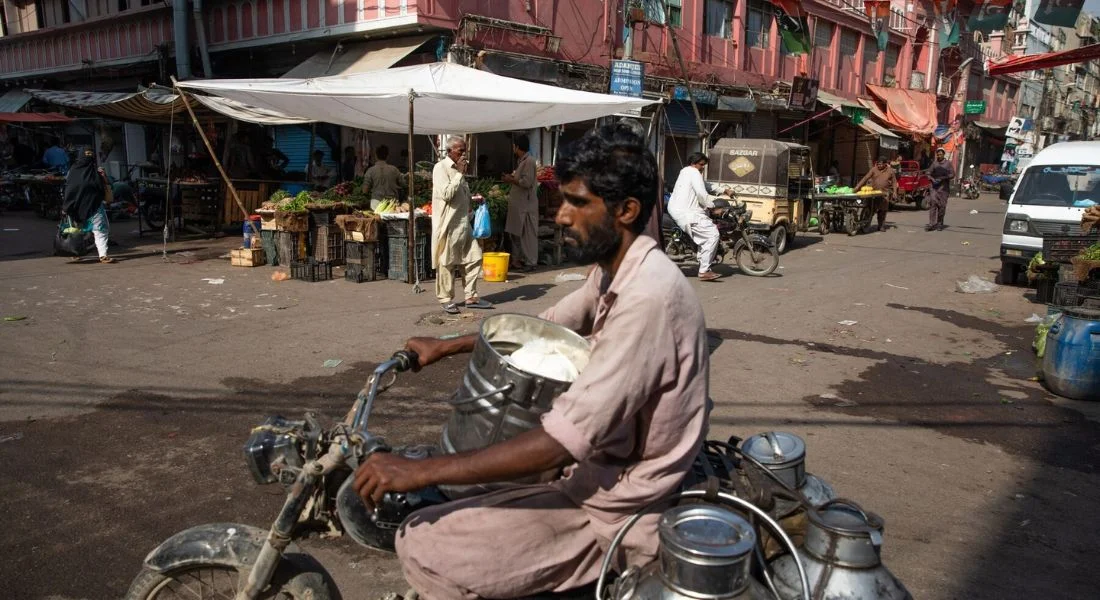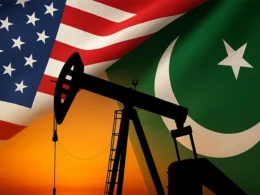Milk prices in Pakistan have surged dramatically, climbing by more than 20% after the government imposed a new tax on this essential commodity. The cost of ultra-high temperature (UHT) milk has now reached 370 rupees ($1.33) per liter in Karachi supermarkets. This new price point surpasses that of many developed nations, where milk costs $1.29 in Amsterdam, $1.23 in Paris, and $1.08 in Melbourne, according to data compiled by Bloomberg.
The price hike follows the introduction of an 18% tax on packaged milk, as part of the recent national budget. This tax marks a significant shift from the previous status, where packaged milk was tax-exempt. The new tax policy has led to retail prices increasing by up to 25%, bringing milk costs in line with some developed countries, a stark contrast to their previous parity with nations like Vietnam and Nigeria.
Muhammad Nasir, a spokesperson for the local branch of Dutch dairy giant Royal FrieslandCampina NV, highlighted the economic strain this increase places on Pakistani consumers. “Prior to this tax, our milk prices were similar to those in developing countries,” Nasir stated. The steep rise in milk prices is expected to exacerbate inflation in Pakistan, further straining household budgets in a country where wages have stagnated and spending power has diminished.
The impact of rising milk prices extends beyond economic concerns, potentially worsening child health issues in Pakistan. With approximately 40% of the population living in poverty, access to affordable nutrition is crucial. Nasir warned, “This price hike will deprive an already malnourished population of essential nutrition.” Alarmingly, around 60% of Pakistani children under five suffer from anemia, and 40% experience stunted growth due to malnutrition.
The recent budget, which introduced a record 40% tax increase, aims to meet the stringent conditions set by the International Monetary Fund (IMF) for a new bailout package. However, the economic measures have drawn criticism for their potential to deepen the hardships faced by ordinary Pakistanis.
As the nation grapples with rising costs and economic challenges, the increased price of milk stands as a stark reminder of the broader struggles impacting Pakistani families. The government’s fiscal policies, while intended to stabilize the economy, are contributing to a growing crisis in household nutrition and overall wellbeing.










